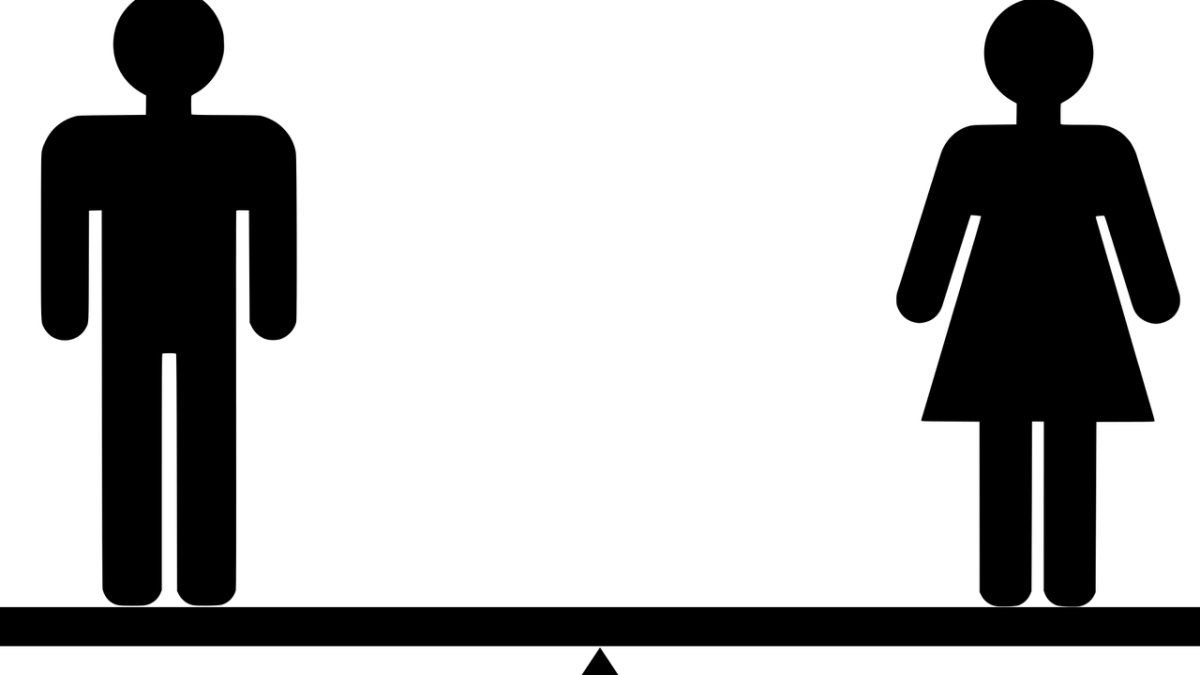Every June 21 the “International Day of Non-Sexist Education” is celebrated.
Every June 21 the “International Day of Non-Sexist Education” is celebrated. a date to remember that all people have the right to an education without discrimination, that promotes equality and access to different areas of knowledge. From Grow- gender and work we analyze why an education free of gender stereotypes is essential to promote equal opportunities in all professional fields.
The content you want to access is exclusive to subscribers.
How do gender biases influence education?
This date was promoted in 1981 by the Network for Popular Education among Women of Latin America and the Caribbean (REPEM), and in the middle of 2023 the data shows us that the way in which one educates and the possibilities that are transmitted end up influencing future decisions. In our country, women represent around 60% of those who study university careers but there are still careers in which their participation is a minority. This is due to gender stereotypes that operate from childhood, and end up influencing academic choices or job development.


In Latin American countries, teachers believe that mathematics is easier for boys than for girls (Cippec, 2020). These kinds of biases influence college career choices. In Argentina, according to data from the Ministry of Education (2021), women are the majority in areas such as Health Sciences (76%) and Human Sciences (73%) but they are a minority in careers such as physics (31%) and engineering (25%). %).
What impact does it have in the workplace?
One of the consequences is the concentration that occurs in different professional and trade sectors: men are the vast majority in primary activities (74%), transportation (88%), and energy and mining (91%), (Ministry of Economy , 2023). In addition, in the different branches that make up the construction sector, where trades that have historically been masculinized predominate, women do not reach 5% (Ministry of Public Works, 2022).
In Argentina, Law 26,150, on Comprehensive Sexual Education, existed 16 years ago, a law that in its debates made visible that there is no way not to educate sexually, because one always educates, with what is said, with what is done and, also, with what is omitted. The ESI opens space for dialogue, knowledge of the body, emotions and ways of linking ourselves as a systematic and continuous space for teaching and learning.
In this sense, the school and all the spaces that educate can be the place for girls, boys and young people to know all the areas, promote a range of possibilities and problematize existing inequalities. If those of us who educate do not guarantee compliance with Comprehensive Sexual Education, in a transversal way, we are violating their rights and denying the opportunity to know the multiple possibilities that exist in the world.
From Grow – gender and work we promote diverse, inclusive and violence-free work spaces, we believe that for this to happen it is necessary to reflect on this and many other issues that contribute to social transformation.
Grow-gender and work communication team, ESI specialist teacher
Source: Ambito
David William is a talented author who has made a name for himself in the world of writing. He is a professional author who writes on a wide range of topics, from general interest to opinion news. David is currently working as a writer at 24 hours worlds where he brings his unique perspective and in-depth research to his articles, making them both informative and engaging.




